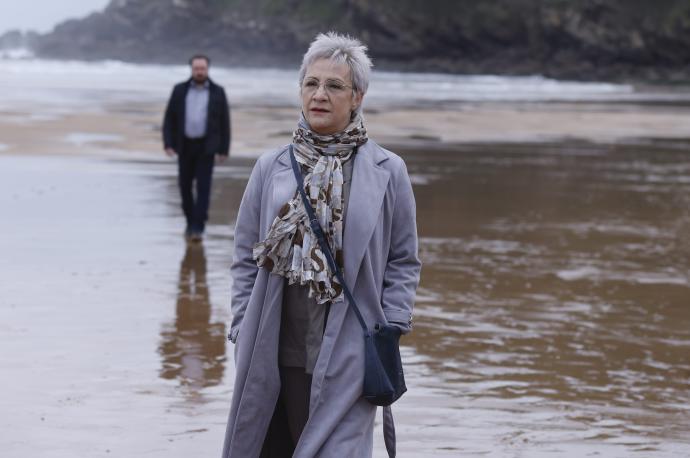Maixabel
Rivers of hate, bridges of forgiveness

It’s curious how we look at others always based on our own experience. As Brazil is a continental country, with a single language, very homogeneous and that has never absorbed other nations, we think that the whole world is like this. So it is a little difficult for many Brazilians to understand the complexity of Spain, which has a long history of invasions and dominations, always bloody and cruel. The film “Maixabel” (ESP, 2021) brings a bit of the history of a Spanish region still troubled to this day.
The Autonomous Community of the Basque Country is one of the 17 autonomous communities of Spain and has its historical nationality recognized by the Spanish Constitution. The Basque people live in the northeast of Spain, and also in a region of southwestern France. Its language, totally different from those of Indo-European origin, is perhaps the oldest living language in Europe.
This identity has always manifested itself in the desire for independence, and reached a very violent level through the ETA group (Euskadi Ta Askatasuna; in english, ‘Basque Homeland and Freedom’). The group carried out many terrorist acts not only in reaction to the tyrannical dictatorship of Generalissimo Franco, but also after the redemocratization of Spain in 1975.
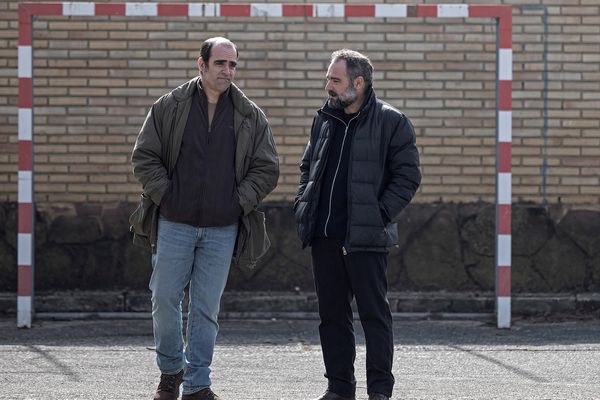
The story of “Maixabel” is based on true facts and is related to one of these violent acts of the group. In July 2000, the former civilian governor of Guipúzcoa Juan María Jaúregui was having lunch with a friend when he was executed by three ETA militants. The victim, a moderate politician, left widow Maixabel Lasa (Blanca Portillo) and a 19-year-old daughter, María (María Cerezuela).
Eleven years later, María is married and mother of a daughter. Maixabel chairs the Association of Victims of Terrorism, an association originally created to remember the victims and dead of ETA, but that she decides to expand, and include the victims of the GAL. These were paramilitary groups that practiced state terrorism against ETA and had the support of members of the government in the 1980s. Many victims were left-wing militants or ecologists, unrelated to the Basque group.
Maixabel’s attitude attracts negative reactions from both Basque nationalists and far-right radicals, nostalgic of Franco regimen, which forces her to have to walk with bodyguards. Despite suffering such a devastating loss, Maixabel refuses to allow himself to be overwhelmed by hatred, especially by her husband’s memory, always open to dialogue.
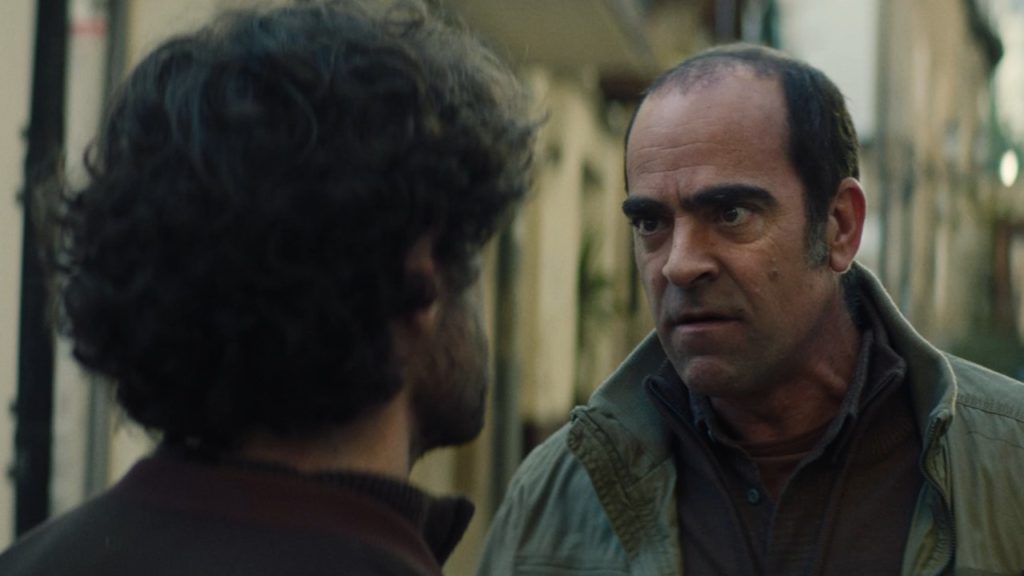
Thus, she decides to participate in a controversial government program that proposes conversations between repentant ETA militants and their victims. She receives the request of Luis Carrasco (Urko Olazabal), one of the three men who participated in her husband’s death. The dialogue is tense and painful for both, and Maixabel tries to understand not only what happened, but why, as well as his motivations.
Carrasco belonged to a group of ETA militants who have repented of the group’s violent actions and therefore lived in a special prison in Nanclares de la Oca. They are joined by another participant in the death of Jaúregui, Ibon Etxezarreta (Luis Tosar). Like Carrasco, Ibon had also renounced to arms and violence. However, he continued to be harassed both by the acts committed and by his repentance, as ETA remained active, and a large part of the Basque population supported them.
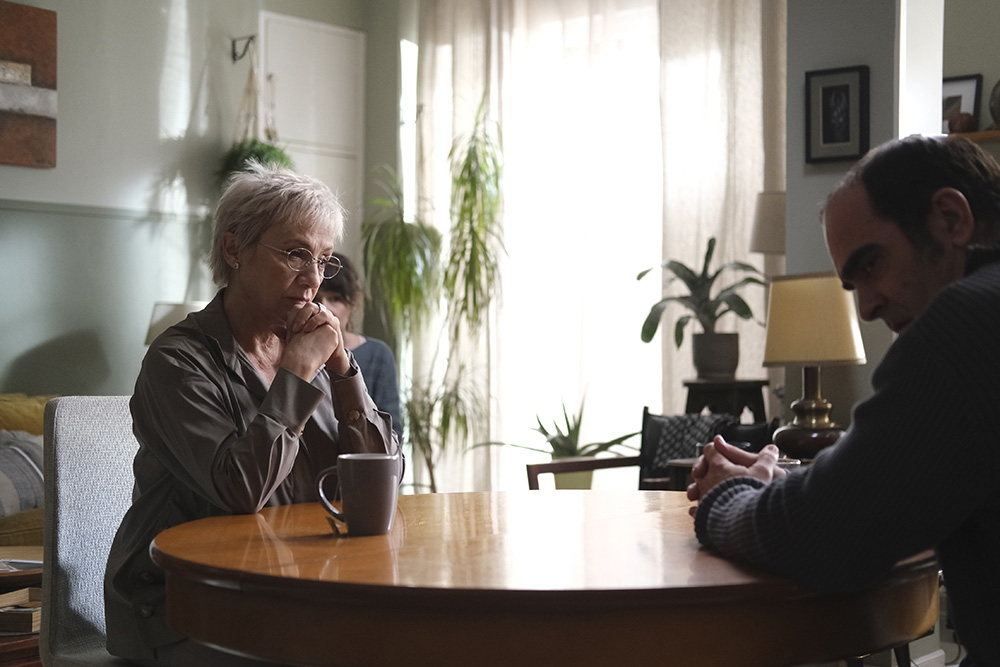
Ibon also tried to reconcile with his past and asks to talk with Maixabel. The problem is that now the Spanish government had cancelled the dialogue program and the only possibility would be during an authorized exit from prison.
Maixabel agrees with the meeting on strong opposition from her daughter and friends, concerned about her safety, both out of fear of ETA and the GAL. But she keeps her decision and the meeting takes place at Ibon’s mother’s house. This is more of a tense and sensitive scene, where both understand that they need to forgive the past and suppress hatred. The end of the film is surprising, sensitive and powerful, in a beautiful message of forgiveness and reconciliation.
The film is technically very well done, mainly by the performance of Blanca Portillo and Luis Tosar, who lead magnificently the dramatic load of the story, which reflects the excellent work of the director Icíar Bollaín.
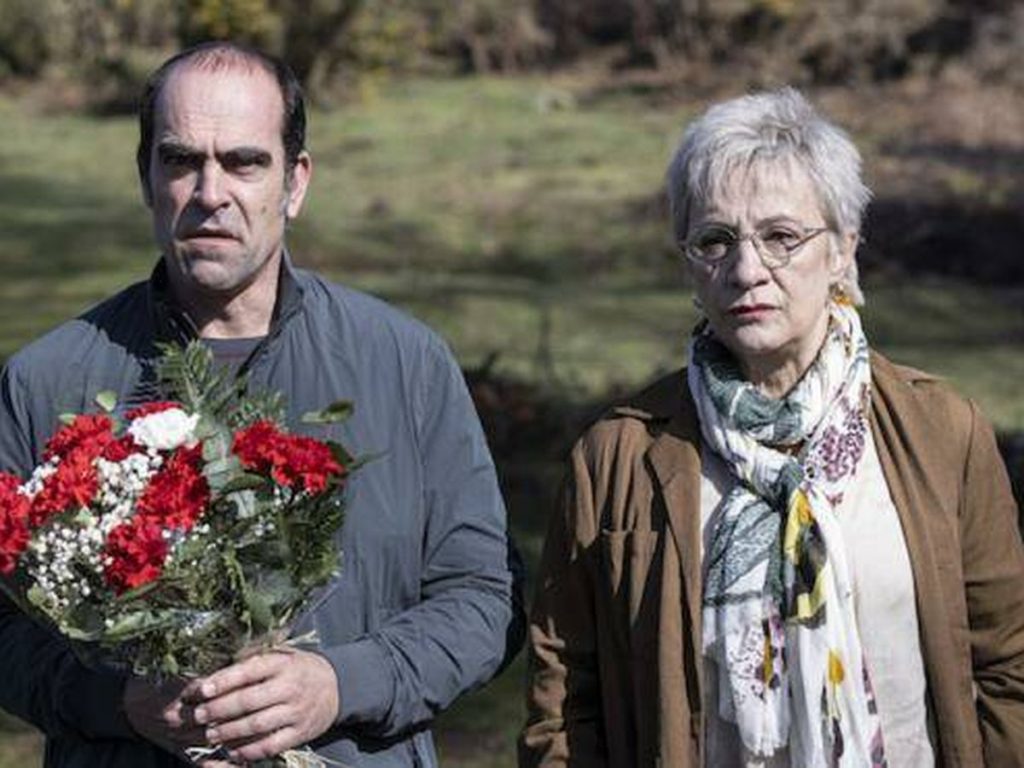
“Maixabel” has won numerous awards, including three Goya, the Spanish Academy Award, for Best Actress, Best Supporting Actor and Best New Actress, and eleven more nominations.
To learn more about Basque people and history, I recommend “Patria”, a fictional series with eight episodes, available on HBO MAX and “The Challenge: ETA”, a documentary series with eight episodes, disponible on Amazon Prime Video, both exploring the troubled history of the Basque region and the feeling of hatred.
Although it seems that this situation is a characteristic of a region of Spain, the whole world is experiencing now this wave of irrational hatred, where disputes and aggressions are more important than any possible real or imaginary cause. Unfortunately, Brazil is also experiencing this phase in its darkest form.

